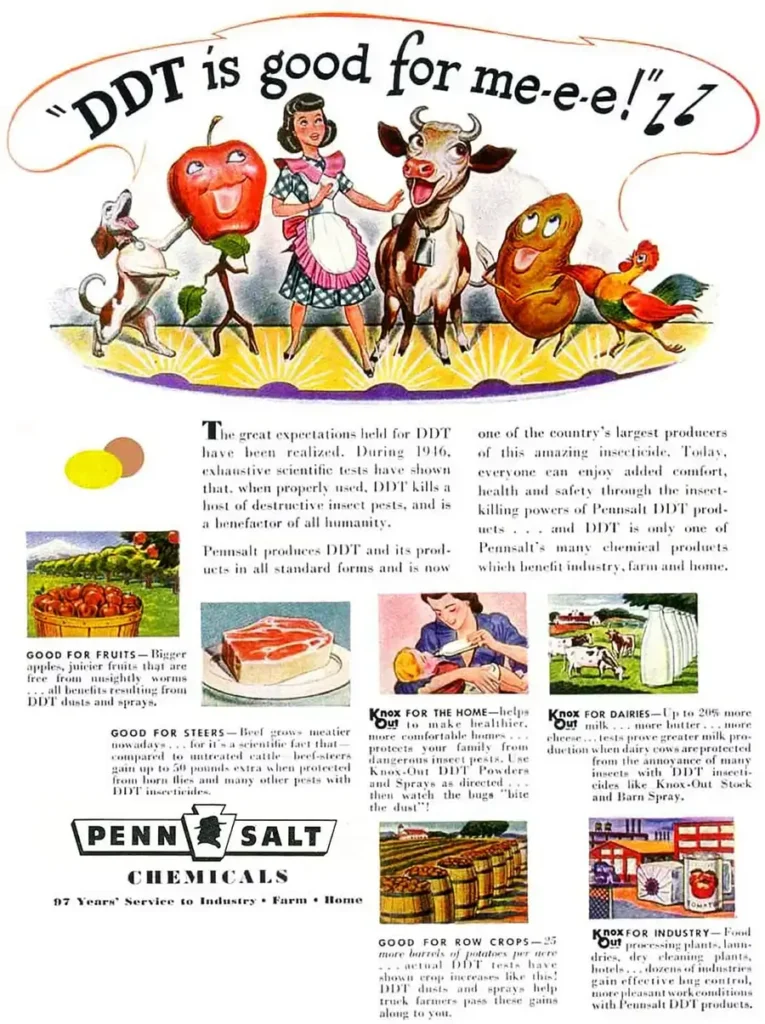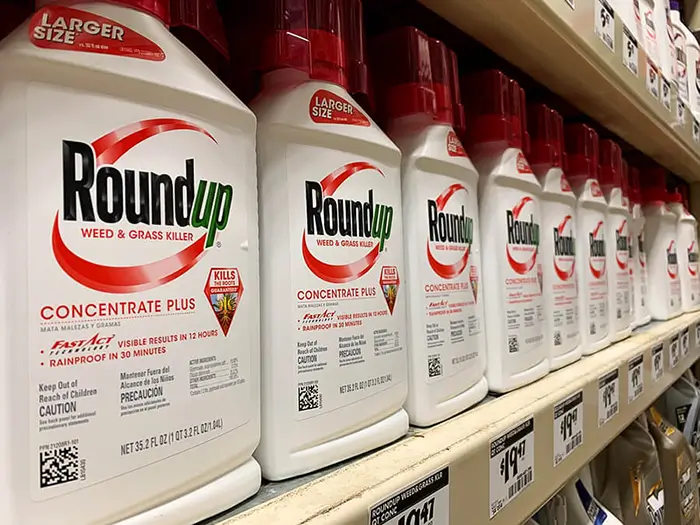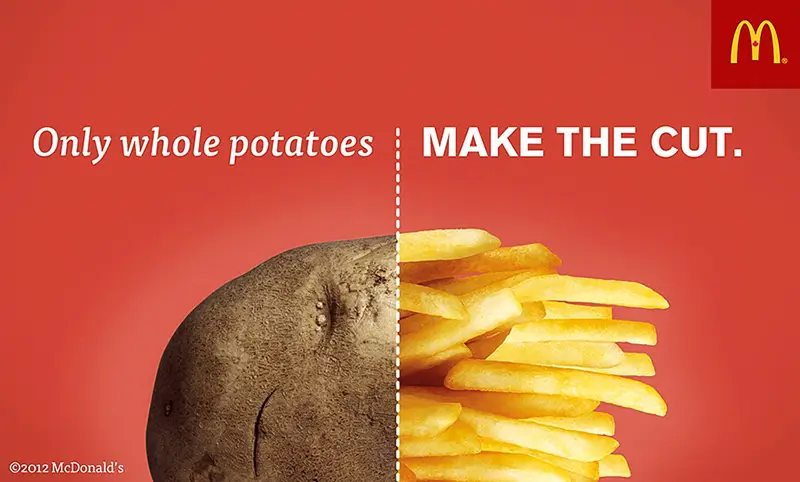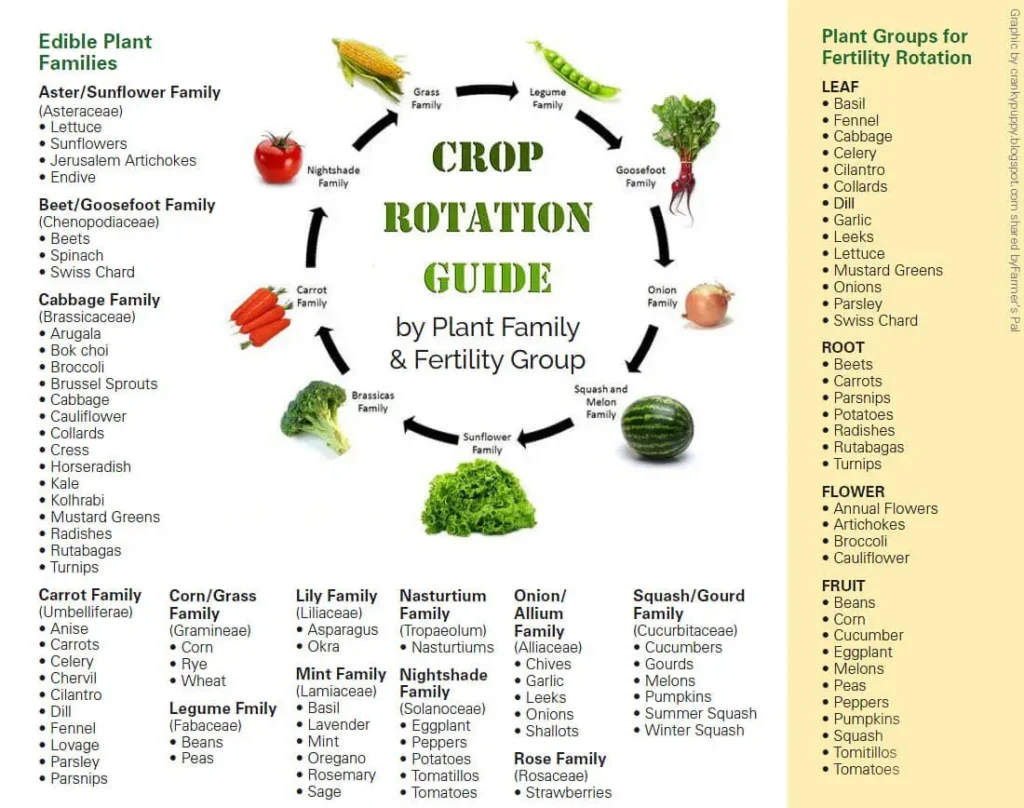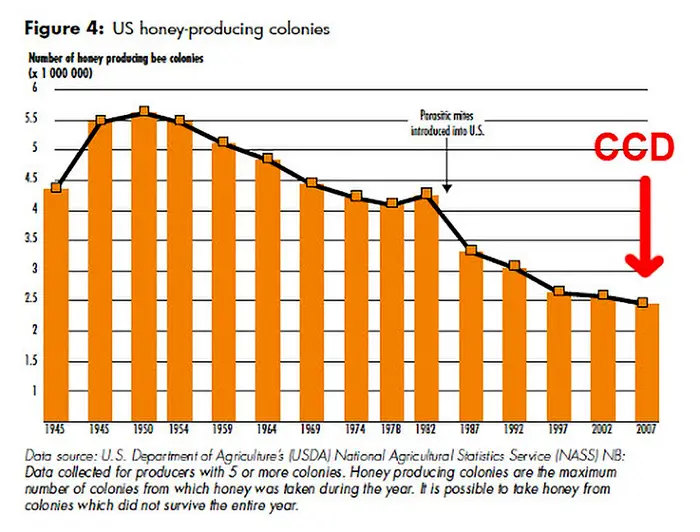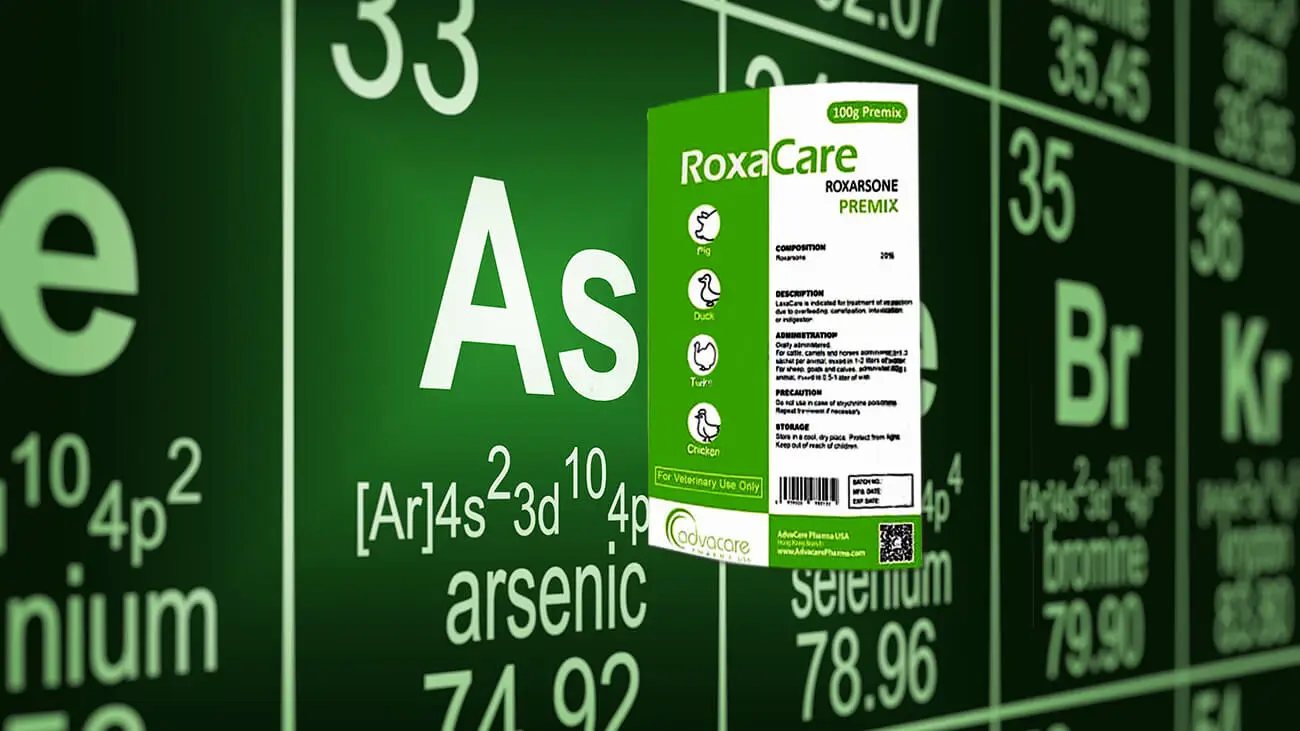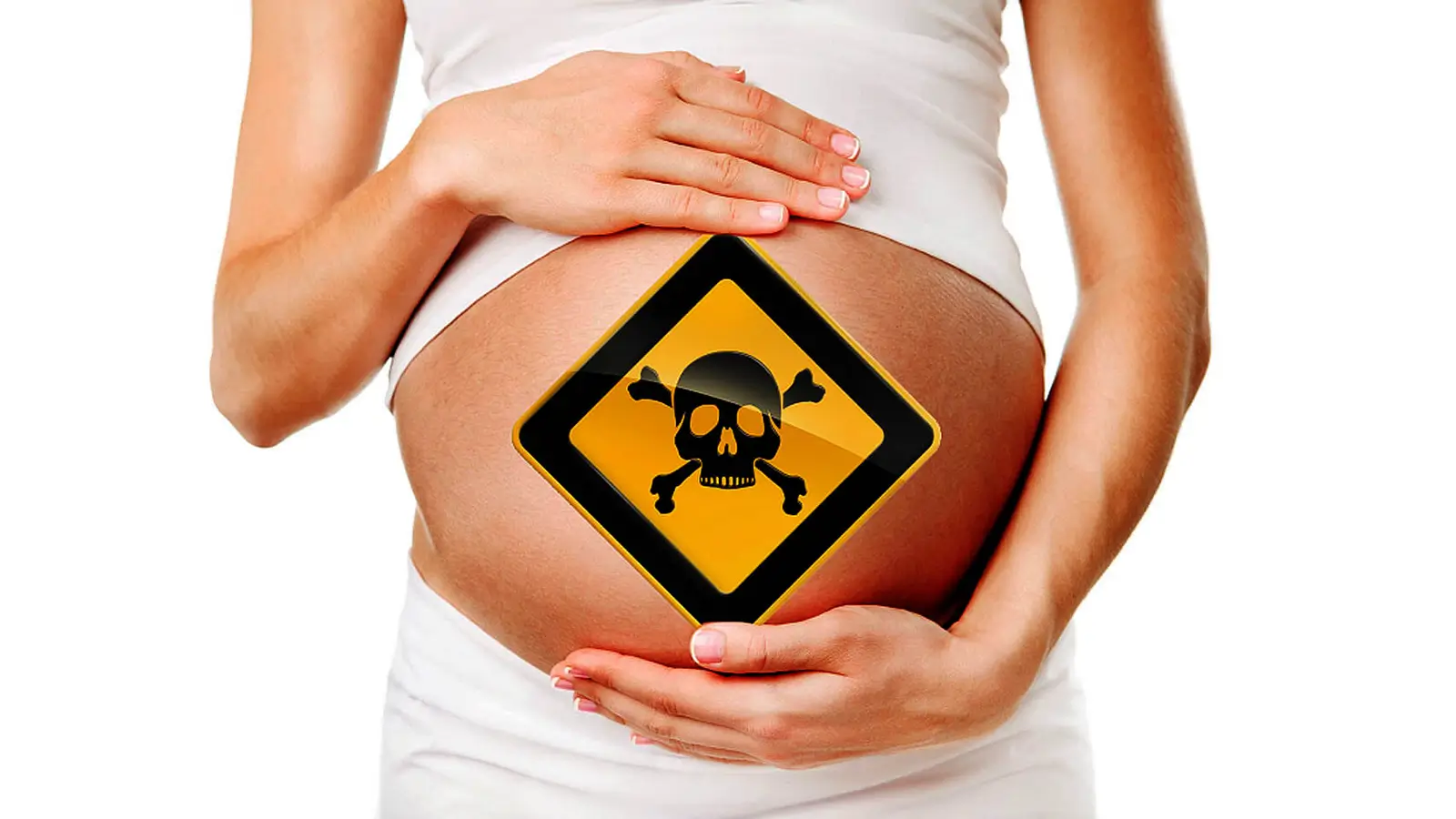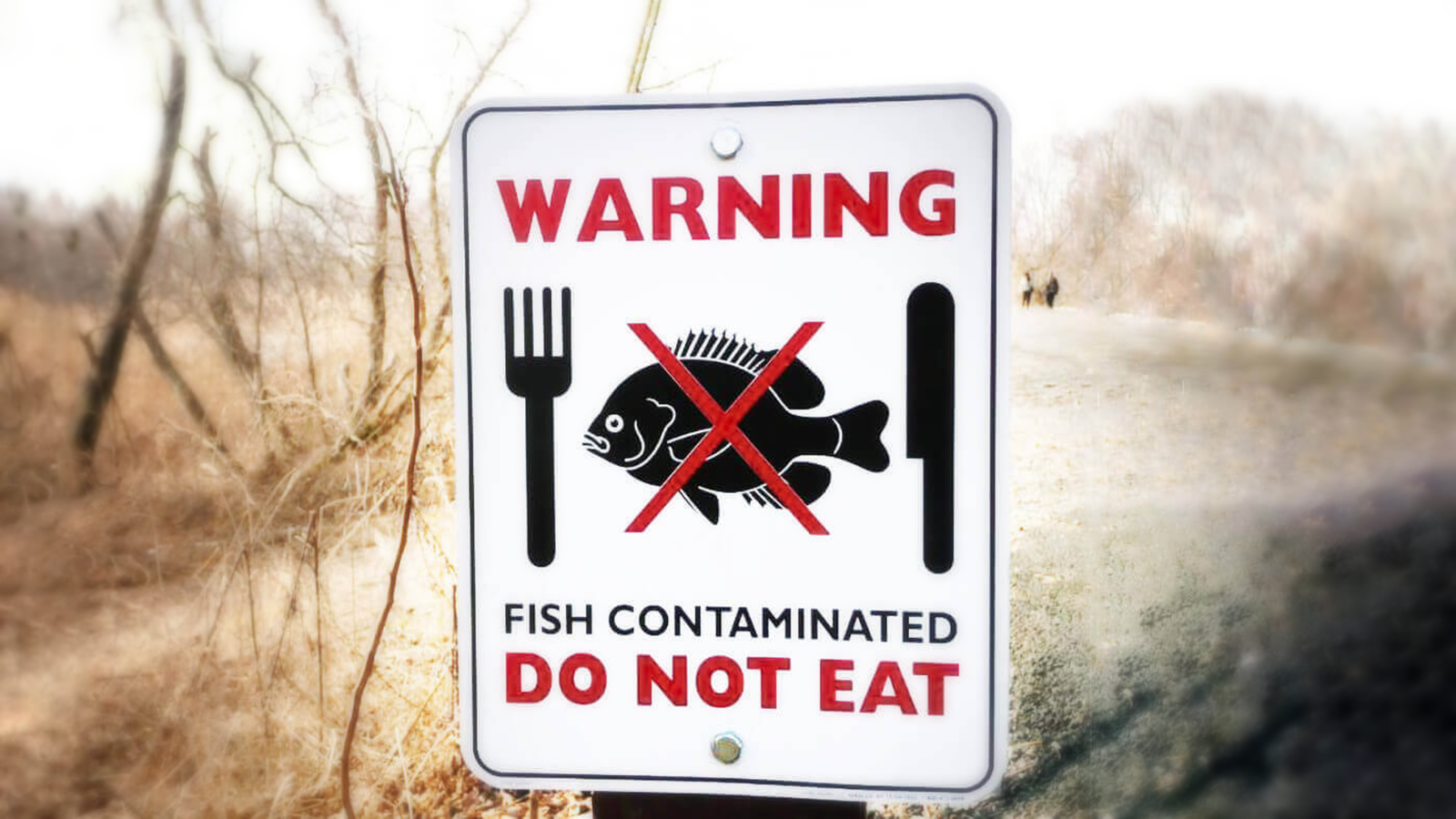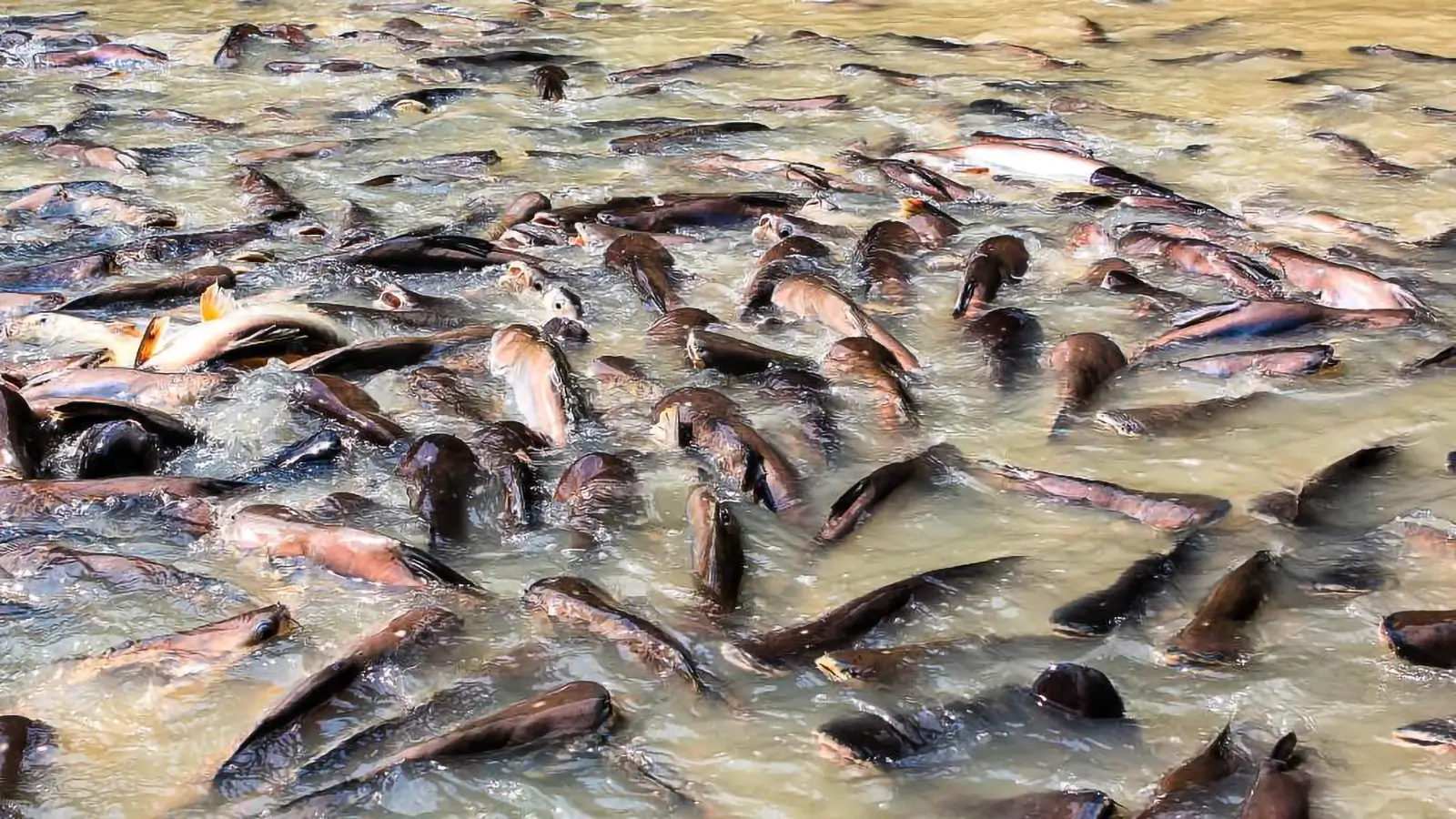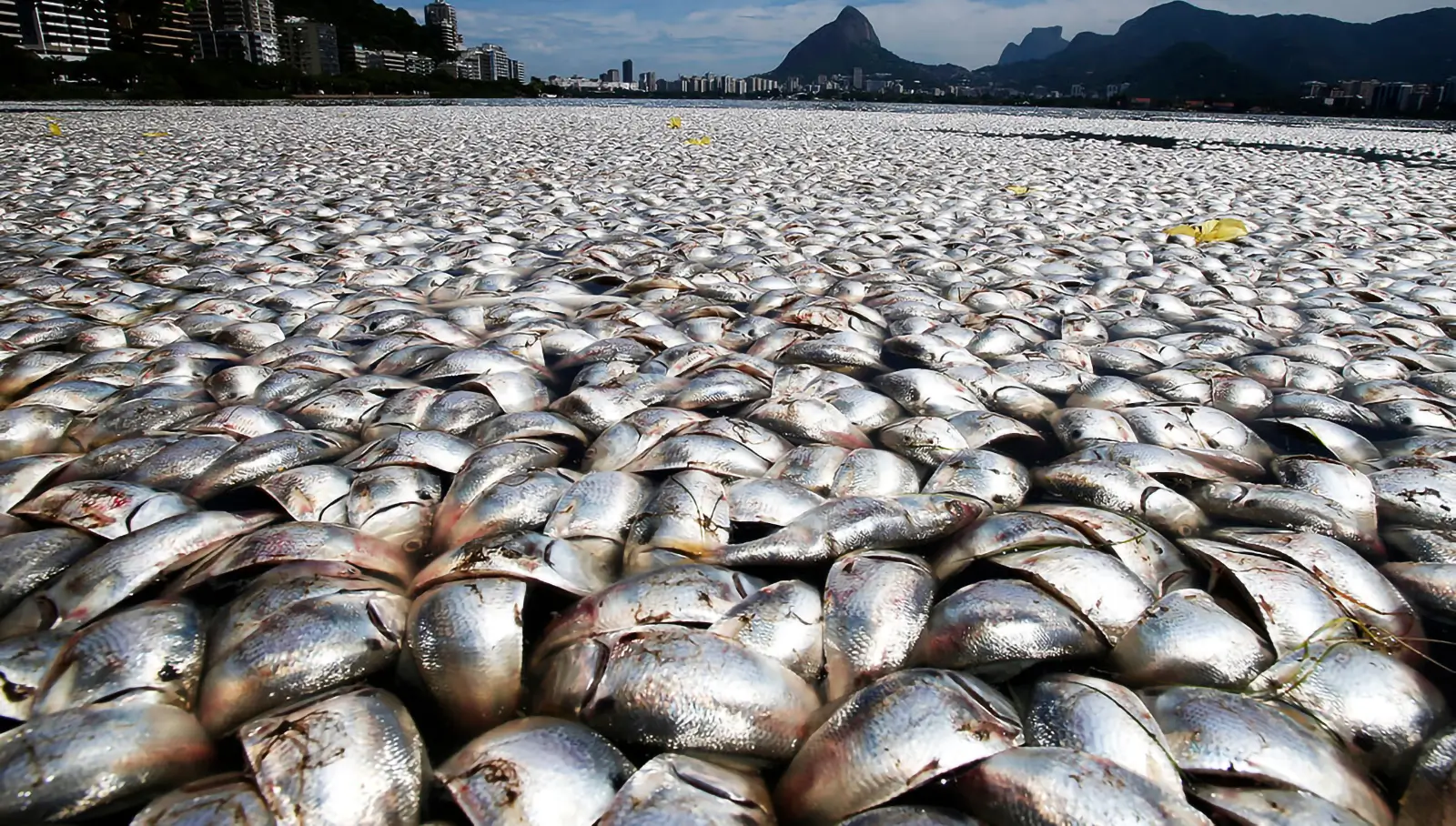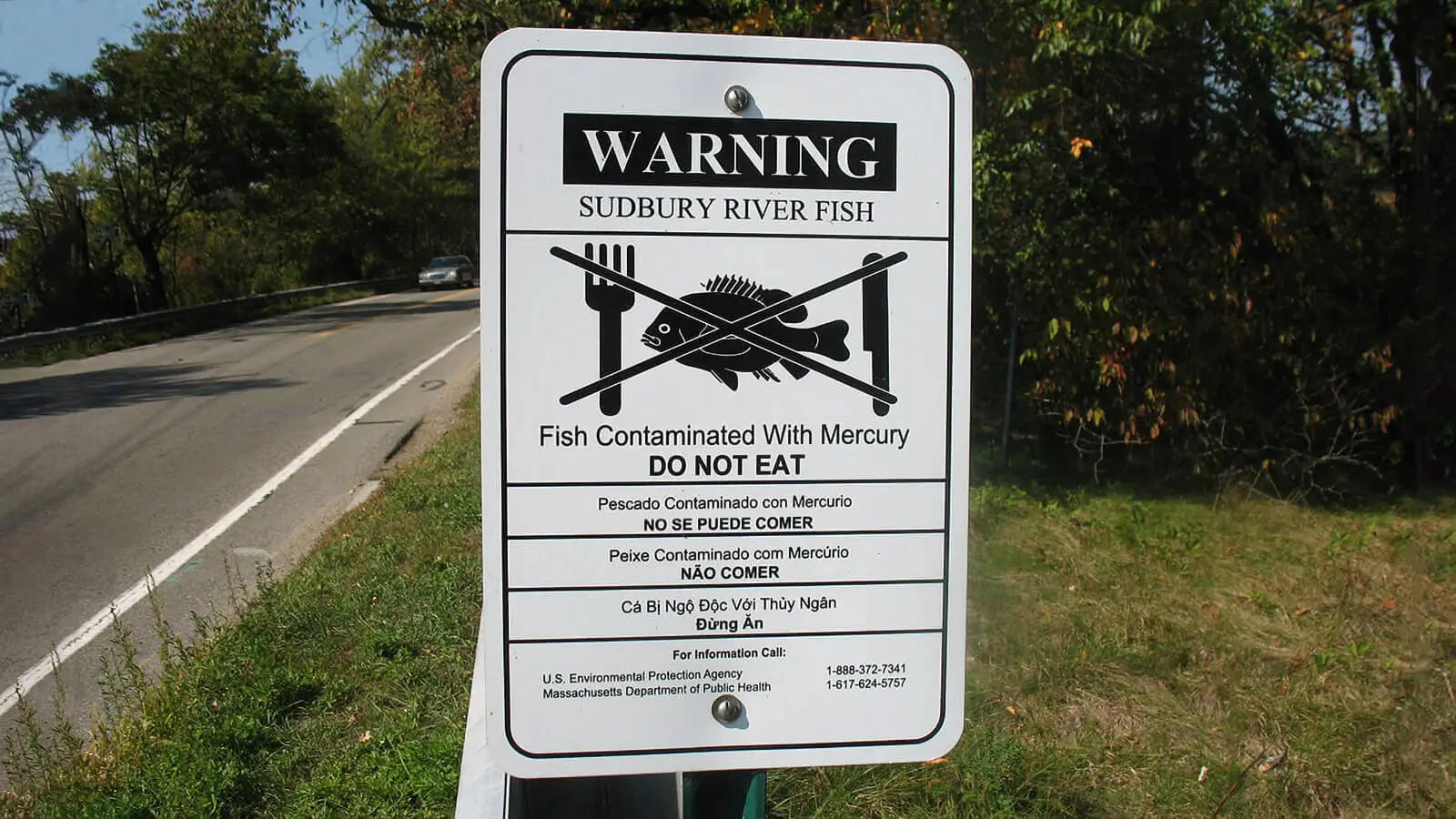Pesticidas, OMG y Sobrecarga Tóxica
La exposición a los pesticidas causa directamente cáncer, defectos de nacimiento, esterilidad e infertilidad, daños en el cerebro y el sistema nervioso, el hígado, los riñones y otros órganos.
Milos Pokimica
Escrito por: Milos Pokimica
Revisado Médicamente Por: Dr. Xiùying Wáng, M.D.
Actualizado el 9 de junio de 2023Todos los pesticidas son similares. Algunos son más tóxicos, otros menos, pero todos son tóxicos. Hoy en día no hay ni un solo pesticida que sea beneficioso para la salud. El DDT, por ejemplo, es ahora una sustancia prohibida en muchas partes del mundo, pero antes no era así. El gobierno solía respaldar el producto y la industria química lo promovía agresivamente. El gobierno y la industria lo apoyaron masivamente durante mucho tiempo. Un tipo de sustancia milagrosa. El arma diabólica de la ciencia moderna mata a miles de millones de insectos y salva a millones de seres humanos. La solución definitiva a la malaria y otras enfermedades transmitidas por insectos.
Los pesticidas son neurotóxicos para los insectos, pero no para los humanos. En los insectos, el DDT abre los canales de iones de sodio en las neuronas, provocando que se disparen espontáneamente, lo que provoca espasmos y finalmente la muerte. Lo único que tiene que hacer el insecto es caminar sobre la superficie tratada. En la mente de los científicos, sólo era una neurotoxina para insectos. No podían considerar la posibilidad de que pudiera hacer otras cosas a largo plazo. Una gran parte de los pesticidas utilizados hoy en día son mucho peores que el DDT.
Otra razón por la que se prohibió el DDT es que durante 30 años se utilizó en exceso y los insectos se hicieron resistentes a él. Esto ocurre en un medio ambiente cuando se introduce un veneno.
Algunos insectos sobreviven y se multiplican. Las características genéticas de los supervivientes estarán más adaptadas contra el mismo tipo de plaguicidas. El plaguicida utilizado por primera vez tendrá el impacto más significativo y hará más daño. Sin embargo, algunos insectos que sobrevivan llevarán sus genes adelante. Con el tiempo, las generaciones venideras serán capaces de soportar más sus efectos y acabarán volviéndose tolerantes. Como los mosquitos en Sudáfrica. Cuanto más tiempo se utiliza un producto químico, más resistentes se vuelven los insectos. Es la misma historia que las cepas de bacterias resistentes a los antibióticos. Cuando esto ocurre, los agricultores tienen que utilizar venenos más eficaces, más potentes y más tóxicos. Así se repetirá el ciclo. Los nuevos compuestos suelen ser más caros, por lo que el coste económico será mayor y además son cada vez más tóxicos. Eso genera un mayor nivel de contaminación y, por tanto, deteriora aún más el equilibrio general del ecosistema.. La alta tasa de reproducción de los insectos hace que en un par de décadas puedan volverse tolerantes, pero ¿y usted?
Los plaguicidas van a parar a las aguas subterráneas, arroyos y ríos. Esto afectará a la biología de muchas especies de peces, aves, mamíferos y otros animales de la cadena alimentaria, y acabará también en su organismo.
Los organismos modificados genéticamente se crean principalmente para que los pesticidas como el Roundup se puedan utilizar en altas dosis para matar a todos estos nuevos insectos resistentes y desagradables. Hemos llegado a un punto en el que tenemos que alterar los genes artificialmente para seguir el ritmo de la evolución natural.
Un buen ejemplo son las patatas fritas de McDonald's. En todos los restaurantes McDonald's del mundo, las patatas fritas se hacen con la misma patata llamada Russet Burbank.
Se trata de una patata de América que es inusualmente larga, y también es muy difícil de cultivar. Tiene que ser muy larga porque visualmente nos gustan esas cajas rojas con un pequeño ramillete de patatas fritas muy largas. Así que McDonald insiste en que todas las patatas sean Russet Burbank. También insisten en que todas las patatas fritas sean claras, sin manchas. Hay un defecto común de las Russet Burbank llamado necrosis neta. Como nos gusta que las patatas fritas estén limpias y sin manchas marrones, McDonald's no compra patatas de agricultores que las tengan. La única manera de eliminar las manchas es eliminar los pulgones. El único pesticida que puede matarlos se llama Monitor. Es tan tóxico que los agricultores que cultivan estas patatas tienen que rociar los pesticidas y no volver a los campos hasta cinco días después de la fumigación. Tienen que esperar a que los pesticidas desaparezcan para poder volver. Cuando cosechan las patatas, tienen que ponerlas en cobertizos con atmósfera controlada. En algunos casos, el tamaño de los cobertizos puede rivalizar con el de los estadios de fútbol. La razón por la que se meten en cobertizos es que no son comestibles durante seis semanas. La patata tiene que desgasificar todas las sustancias químicas que contiene.
En la agricultura ecológica, la rotación de cultivos es útil para resolver muchos problemas derivados del uso excesivo de pesticidas. El monocultivo agota excesivamente el suelo de ciertos nutrientes. La rotación tiene el propósito de reconstruir el suelo. Un cultivo que lixivia el suelo de un tipo de nutriente es sustituido en la siguiente temporada de crecimiento por otro cultivo que no lixivia ese nutriente específico pero que aporta una proporción diferente de nutrientes. En algunos casos, si se hace correctamente, la rotación de cultivos puede incluso devolver ese nutriente al suelo. Con el tiempo, la rotación generará biomasa, fertilidad y estructura del suelo a partir de diversas estructuras radiculares.
Cuando se cultiva una especie de forma continuada, año tras año, con el tiempo aumentará el número de plagas y, mediante la rotación, se mitigará la acumulación de patógenos y plagas. Sin embargo, a medida que ha ido creciendo la población humana, el monocultivo con fertilizantes sintéticos es la única forma económicamente eficaz de producir todos los cultivos que necesitamos. También ha dejado a los cultivos vulnerables a los ataques extensivos de las plagas. Hoy utilizamos anualmente más de 5.000 millones de libras de pesticidas en toda la Tierra. Todos esos productos químicos acaban en el suelo y en el océano. Además, estos productos químicos han alterado la genética de muchas especies, creando superbacterias. El escarabajo de la patata de Colorado, por ejemplo, es resistente a más de 50 insecticidas. Otros insectos quedan atrapados en el fuego cruzado.
Por ejemplo, desde finales de los años 90, se está produciendo una inexplicable y repentina reducción del número de abejas. A escala mundial, se registran tasas inusualmente altas de disminución de las colonias de abejas melíferas.
Más de un tercio de la producción mundial de cultivos depende de la polinización de las abejas. La pérdida de biodiversidad puede explicarlo. Debido a los monocultivos que las abejas no pueden utilizar para alimentarse y al uso generalizado de pesticidas, algunos de los cuales pueden matarlas directa o indirectamente, la situación es ahora terrible. La muerte de las abejas refleja el equilibrio disfuncional de la naturaleza, con un sistema alimentario disfuncional y un paisaje sin flores. En algunas partes del mundo no hay abejas. En esos lugares, se paga a la gente para que realice la polinización a mano. En Estados Unidos, las abejas están en declive desde la Segunda Guerra Mundial. Antes de la guerra había unos 4,5 millones de colmenas y ahora el número ronda los 2 millones. Los desiertos de alimentos son monocultivos a gran escala que no proporcionan ningún alimento a los insectos, incluidas las abejas. Las granjas que solían sustentar la vida de las abejas son ahora desiertos alimentarios dominados por una o dos especies como el maíz o la soja, sin plantas con flores que las abejas necesitan para sobrevivir. Por ejemplo, la escala del monocultivo de almendras es tal que hoy en día se necesitan 1,5 millones de colmenas o casi todas las colmenas existentes en EE.UU. para realizar una polinización exitosa. Para polinizar este único cultivo es necesario transportar colmenas por todo el país. Se transportan en camiones semirremolque, y después de la floración, los almendros son paisajes sin flores y sin alimento para las abejas, por lo que es necesario transportarlas a otro lugar para que realicen la polinización. El problema es que la producción de alimentos que requiere la polinización de las abejas aumenta cada año. Y luego son necesarios los pesticidas porque los monocultivos son un festín para la plaga que se alimenta de ellos. En el polen que recogen las abejas hay al menos seis tipos de insecticidas. Hay un insecticida especialmente tóxico para las abejas llamado neonicotinoide.
Los plaguicidas han mejorado con el tiempo y se han hecho más potentes y selectivos, pero aún así no son naturales y siguen contaminando el suelo, el agua, la fauna y también nuestra salud.
La exposición a estas sustancias provoca directamente cáncer y otros tumores, leucemia, linfoma, defectos congénitos, infertilidad, otros problemas reproductivos, mortinatalidad, aborto espontáneo, esterilidad e infertilidad, daños cerebrales y del sistema nervioso, y daños en el hígado, riñones, pulmones y otros órganos del cuerpo.
Sin ellos, los precios de los alimentos se dispararán y una gran parte de la población humana morirá de hambre o de enfermedades transmitidas por mosquitos.
Referencias:
Pasajes seleccionados de un libro: Pokimica, Milos. Go Vegan? Examen de Ciencias de la Parte 1. Kindle ed., Amazon, 2018.
Contenidos Relacionados
¿Tienes alguna duda acerca de la nutrición y la salud?
Me encantaría saber de usted y responderlas en mi próxima publicación. Agradezco sus aportes y opiniones y espero tener noticias suyas pronto. También te invito a síguenos en Facebook, Instagram y Pinterest para más contenidos sobre dieta, nutrición y salud. Puedes dejar un comentario allí y conectar con otros entusiastas de la salud, compartir tus consejos y experiencias, y recibir apoyo y ánimo de nuestro equipo y nuestra comunidad.
Espero que este post le haya resultado informativo y ameno y que esté preparado para aplicar los conocimientos adquiridos. Si le ha resultado útil, por favor compártelo con tus amigos y familiares que también podrían beneficiarse de ella. Nunca se sabe quién puede necesitar orientación y apoyo en su camino hacia la salud.
– También Te Puede Interesar –

Aprenda Sobre Nutricion
Milos Pokimica es doctor en medicina natural, nutricionista clínico, escritor sobre salud médica y nutrición y asesor en ciencias de la nutrición. Autor de la serie de libros Go Vegan? Revisión de la Ciencia, también dirige el sitio web sobre salud natural GoVeganWay.com.
Descargo De Responsabilidad Médica
GoVeganWay.com le ofrece reseñas de las últimas investigaciones relacionadas con la nutrición y la salud. La información proporcionada representa la opinión personal del autor y no pretende ni implica sustituir el asesoramiento, diagnóstico o tratamiento médico profesional. La información proporcionada tiene fines informativos únicamente y no pretende sustituir la consulta, el diagnóstico y/o el tratamiento médico de un médico o proveedor de atención médica calificado.NUNCA ignore el CONSEJO MÉDICO PROFESIONAL O RETRASAR la BÚSQUEDA de TRATAMIENTO MÉDICO a CAUSA DE ALGO QUE HAYA LEÍDO EN O accesibles a TRAVÉS de GoVeganWay.com
NUNCA APLICAR CUALQUIER cambio de ESTILO de vida O CAMBIOS EN su totalidad COMO UNA CONSECUENCIA DE ALGO QUE HA LEÍDO EN GoVeganWay.com ANTES de CONSULTAR con LICENCIA PROFESIONAL MÉDICO.
En el caso de una emergencia médica, llame a un médico o al 911 inmediatamente. GoVeganWay.com no se recomienda ni aprueba ninguna de los grupos, las organizaciones, las pruebas, los médicos, productos, procedimientos, opiniones u otra información que pueda ser mencionado en el interior.
Selecciones del editor –
Milos Pokimica es escritor especializado en salud y nutrición y asesor en ciencias nutricionales. Autor de la serie de libros Go Vegan? Revisión de la Ciencia, también dirige el sitio web sobre salud natural GoVeganWay.com.
Últimos artículos -
Top Noticias De Salud — ScienceDaily
- The overlooked nutrition risk of Ozempic and Wegovyen febrero 4, 2026
Popular weight-loss drugs like Ozempic and Wegovy can dramatically curb appetite, but experts warn many users are flying blind when it comes to nutrition. New research suggests people taking these medications may not be getting enough guidance on protein, vitamins, and overall diet quality, increasing the risk of muscle loss and nutrient deficiencies.
- A 25-year study found an unexpected link between cheese and dementiaen febrero 4, 2026
A massive Swedish study tracking nearly 28,000 people for 25 years found an unexpected link between full-fat dairy and brain health. Among adults without a genetic risk for Alzheimer’s, eating more full-fat cheese was associated with a noticeably lower risk of developing the disease, while higher cream intake was tied to reduced dementia risk overall. The findings challenge decades of low-fat dietary advice but come with important caveats.
- MIT’s new brain tool could finally explain consciousnessen febrero 4, 2026
Scientists still don’t know how the brain turns physical activity into thoughts, feelings, and awareness—but a powerful new tool may help crack the mystery. Researchers at MIT are exploring transcranial focused ultrasound, a noninvasive technology that can precisely stimulate deep regions of the brain that were previously off-limits. In a new “roadmap” paper, they explain how this method could finally let scientists test cause-and-effect in consciousness research, not just observe […]
- Why heart disease risk in type 2 diabetes looks different for men and womenen febrero 4, 2026
Scientists are digging into why heart disease risk in type 2 diabetes differs between men and women—and sex hormones may be part of the story. In a large Johns Hopkins study, men with higher testosterone had lower heart disease risk, while rising estradiol levels were linked to higher risk. These hormone effects were not seen in women. The results point toward more personalized approaches to heart disease prevention in diabetes.
- Sound machines might be making your sleep worseen febrero 4, 2026
Sound machines may not be the sleep saviors many believe. Researchers found that pink noise significantly reduced REM sleep, while simple earplugs did a better job protecting deep, restorative sleep from traffic noise. When pink noise was combined with outside noise, sleep quality dropped even further. The results suggest that popular “sleep sounds” could be doing more harm than good—particularly for kids.
- This unexpected plant discovery could change how drugs are madeen febrero 3, 2026
Plants make chemical weapons to protect themselves, and many of these compounds have become vital to human medicine. Researchers found that one powerful plant chemical is produced using a gene that looks surprisingly bacterial. This suggests plants reuse microbial tools to invent new chemistry. The insight could help scientists discover new drugs and produce them more sustainably.
- A hidden cellular process may drive aging and diseaseen febrero 3, 2026
As we age, our cells don’t just wear down—they reorganize. Researchers found that cells actively remodel a key structure called the endoplasmic reticulum, reducing protein-producing regions while preserving fat-related ones. This process, driven by ER-phagy, is tied to lifespan and healthy aging. Because these changes happen early, they could help trigger later disease—or offer a chance to stop it.
PubMed, #Dieta vegana –
- Diet type and the oral microbiomeen febrero 2, 2026
CONCLUSION: The diet-oral microbiome-systemic inflammation axis is bidirectional and clinically relevant. Understanding both direct ecological regulation and indirect metabolic effects is essential to support precision nutrition strategies aimed at maintaining oral microbial balance and systemic inflammatory risk mitigation.
- Consensus document on healthy lifestylesen enero 22, 2026
Proteins are a group of macronutrients that are vital to our lives, as they perform various functions, including structural, defensive and catalytic. An intake of 1.0-1.2 g/kg/body weight per day would be sufficient to meet our needs. Carbohydrate requirements constitute 50 % of the total caloric value and should be obtained mainly in the form of complex carbohydrates. In addition, a daily intake of both soluble and insoluble fiber is necessary. Regular consumption of extra virgin olive oil […]
- Vitamin B12 and D status in long-term vegetarians: Impact of diet duration and subtypes in Beijing, Chinaen enero 21, 2026
CONCLUSIONS: This study reveals a dual challenge among Beijing long-term vegetarians: vitamin B12 deficiency was strongly associated with the degree of exclusion of animal products from the diet (veganism), while vitamin D deficiency was highly prevalent and worsened with longer diet duration. The near-universal vitamin D deficiency observed in this study suggests that, in the Beijing context, the risk may extend beyond dietary choice, potentially reflecting regional environmental factors;…
- Nutritional evaluation of duty meals provided to riot police forces in Germanyen enero 13, 2026
Background: The primary role of the German riot police is maintaining internal security. Due to challenging working conditions, riot police forces face an elevated risk of various diseases. During duty, forces are provided with meals. A balanced diet can reduce the risk of some of these diseases and contribute to health-promoting working conditions. Aim: First evaluation of the nutritional quality of duty meals in Germany based on German Nutrition Society recommendations (DGE). Methods: In…
- Iodineen enero 1, 2006
Iodine is an essential trace nutrient for all infants that is a normal component of breastmilk. Infant requirements are estimated to be 15 mcg/kg daily in full-term infants and 30 mcg/kg daily in preterm infants.[1] Breastmilk iodine concentration correlates well with maternal urinary iodine concentration and may be a useful index of iodine sufficiency in infants under 2 years of age, but there is no clear agreement on a value that indicates iodine sufficiency, and may not correlate with […]
Publicaciones aleatorias –
Publicaciones destacadas -
La última versión desde PubMed, #Dieta basada en plantas –
- From paddy soil to dining table: biological biofortification of rice with zincpor Lei Huang en febrero 4, 2026
One-third of paddy soils are globally deficient in zinc (Zn) and 40% of Zn loss in the procession from brown rice to polished rice, which results in the global issue of hidden hunger, e.g., the micronutrient deficiencies in the rice-based population of developing countries. In the recent decades, biofortification of cereal food crops with Zn has emerged as a promising solution. Herein, we comprehensively reviewed the entire process of Zn in paddy soil to human diet, including the regulatory…
- Molecular Characterization of Tobacco Necrosis Virus A Variants Identified in Sugarbeet Rootspor Alyssa Flobinus en febrero 3, 2026
Sugarbeet provides an important source of sucrose; a stable, environmentally safe, and low-cost staple in the human diet. Viral diseases arising in sugarbeet ultimately impact sugar content, which translates to financial losses for growers. To manage diseases and prevent such losses from occurring, it is essential to characterize viruses responsible for disease. Recently, our laboratory identified a tobacco necrosis virus A variant named Beta vulgaris alphanecrovirus 1 (BvANV-1) in sugarbeet…
- Nutrition in early life interacts with genetic risk to influence preadult behaviour in the Raine Studypor Lars Meinertz Byg en febrero 3, 2026
CONCLUSIONS: Nutrition in early life and psychiatric genetic risk may interact to determine lasting child behaviour. Contrary to our hypothesis, we find dietary benefits in individuals with lower ADHD PGS, necessitating replication. We also highlight the possibility of including genetics in early nutrition intervention trials for causal inference.
- Effect of the gut microbiota on insect reproduction: mechanisms and biotechnological prospectspor Dilawar Abbas en febrero 2, 2026
The insect gut microbiota functions as a multifunctional symbiotic system that plays a central role in host reproduction. Through the production of bioactive metabolites, gut microbes interact with host hormonal pathways, immune signaling, and molecular regulatory networks, thereby shaping reproductive physiology and fitness. This review summarizes recent advances in understanding how gut microbiota regulate insect reproduction. Accumulating evidence demonstrates that microbial metabolites…
- Rationale and design of a parallel randomised trial of a plant-based intensive lifestyle intervention for diabetes remission: The REmission of diabetes using a PlAnt-based weight loss InteRvention…por Brighid McKay en febrero 2, 2026
CONCLUSIONS: This trial will provide high-quality clinical evidence on the use of plant-based ILIs to address the epidemics of obesity and diabetes to inform public health policies and programs in Canada and beyond.
- Diet type and the oral microbiomepor Daniel Betancur en febrero 2, 2026
CONCLUSION: The diet-oral microbiome-systemic inflammation axis is bidirectional and clinically relevant. Understanding both direct ecological regulation and indirect metabolic effects is essential to support precision nutrition strategies aimed at maintaining oral microbial balance and systemic inflammatory risk mitigation.
